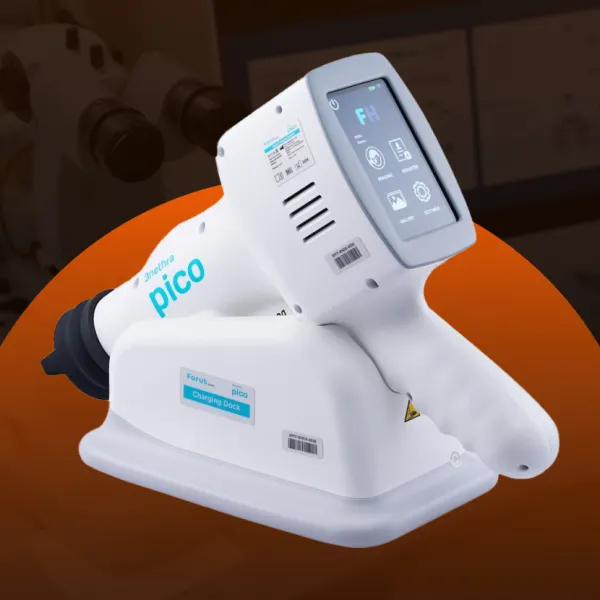New Algorithm Analyzes Tongue Color to Predict Diabetes, Stroke with 98% Accuracy

Reportedly, the algorithm was developed through extensive testing with 5,260 tongue images to train machine-learning models.
Researchers have unveiled a groundbreaking computer algorithm capable of predicting a range of diseases, including diabetes and stroke, with 98% accuracy by analyzing the color of the human tongue.
Developed by Middle Technical University (MTU) and the University of South Australia (UniSA), this imaging system can diagnose conditions such as diabetes, stroke, anemia, asthma, liver and gallbladder issues, COVID-19, and other vascular and gastrointestinal diseases.
Ali Al-Naji, adjunct associate professor at MTU and UniSA, explained, “The color, shape, and thickness of the tongue can reveal a wide array of health conditions.”
For instance, diabetes is often indicated by a yellowish tongue, cancer patients may present with a purple tongue covered by a thick greasy coating, and stroke patients often have a red, irregularly shaped tongue.
Reportedly, the algorithm was developed through extensive testing with 5,260 tongue images to train machine-learning models.
Researchers also analyzed 60 tongue images from two teaching hospitals in the Middle East, successfully matching tongue color to corresponding health conditions in nearly all instances.
The research, detailed in the journal Technologies, showcases how AI can enhance medical diagnostics by replicating a 2,000-year-old technique from traditional Chinese medicine.
This ancient method uses tongue color, shape, and thickness to diagnose health issues, which the new technology has adapted for modern use.
The imaging system employs cameras positioned 20 centimeters from the patient to capture tongue color, providing real-time health predictions.
Co-author Professor Javaan Chahl from UniSA highlighted that this technology could soon be adapted for smartphones, potentially making disease screening more accessible and efficient.
In a similar development, Researchers from the University of Luxembourg developed an AI-based model that can predict irregular heartbeat, known as cardiac arrhythmia, approximately 30 minutes before its onset.
The AI tool named WARN (Warning of Atrial fibRillatioN) offers early warnings and can be seamlessly integrated into smartphones for data processing from smartwatches.
Reportedly, the model has demonstrated an impressive 80% accuracy in predicting the transition from a normal cardiac rhythm to atrial fibrillation, the most prevalent form of cardiac arrhythmia characterized by irregular beating in the heart's upper chambers.
Stay tuned for more such updates on Digital Health News































